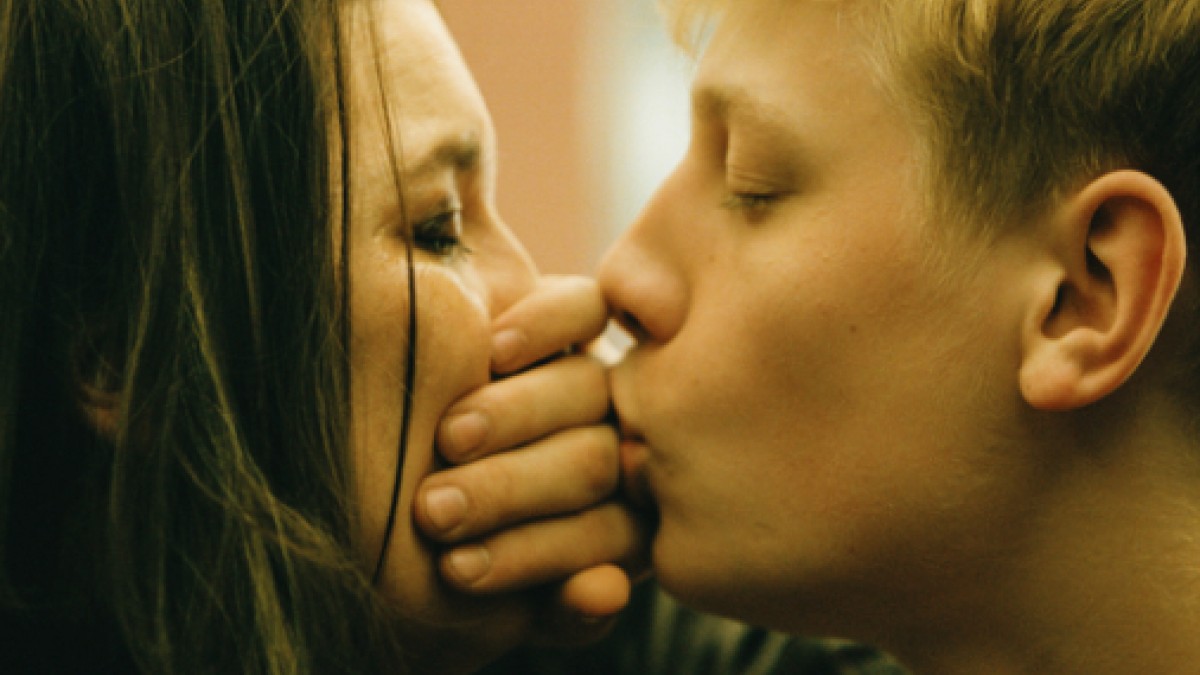
Given in its early days as a consolidation award for those movies not lucky enough to get the big one, it became the definitive third place once the Grand Prix was introduced. It is usually reserved for the most decisive features in the line up, ones that made the jurors sit long in the chairs, arguing.
A retrospective look shows us that most of the time, these bronze holders turned out to be more revered that the actual Palme winners. Here are the 25 that showcase this the best.
25. Songs From the Second Floor (2000, Roy Andersson)
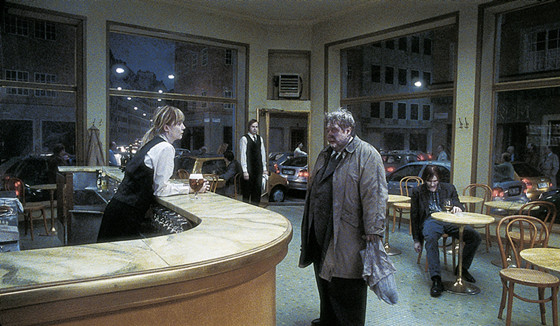
It’s a hard task recommending this film to someone. The description of a satirical comedy would be a correct one, but for you to get there you need to dig trough layers and layers of cynicism and pessimism.
Andersson filled the entire trilogy “of living” with sorrows of modern day life in a big city. A central protagonist doesn’t exist, it’s rather a collection of vignettes, connected by the theme of social and intrapersonal isolation and by the burden that living brings. That can be seen in the reflection of characters. Weak mobility, a monotone voice and pale white skin can be spotted on everyone.
The closer we look, the less we see humans, the more walking corpses, tortured by the unbearable hardness of being. Still, a crack can be found on the faces of the viewers. Laughter at someone else’s misfortune, a laugh of relief because you are not experiencing it, or perhaps you are noticing Andersson’s clever usage of absurdism; it is up to the individual to decide. Besides the eye catching characters, the environment that’s surrounding them is also striking.
Gray filters cover the mise-en-scene, rows of concrete white buildings, or minimalist bars and sleeping rooms, giving more to the grayness of everyday life. The so far written text hardly implicates on a grim, hopeless work, which is partly true, but one that will bring you a unique experience in a mind of a man irritated by life.
24. Polisse (2011, Maïwenn)
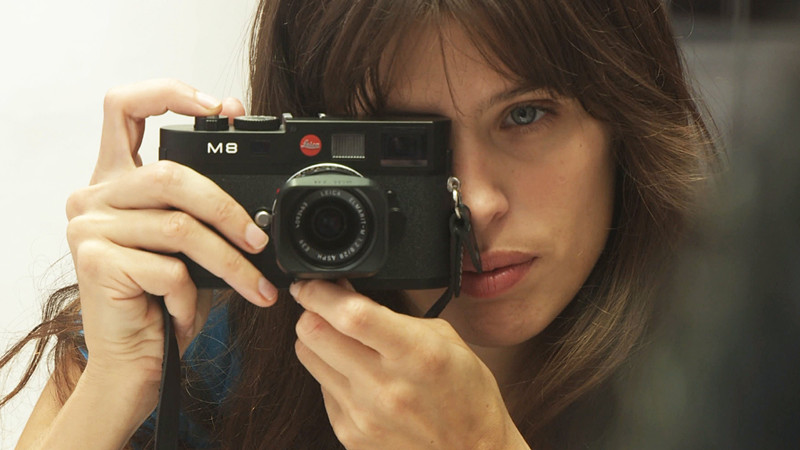
An uncomfortable and, at times, disturbing interview with a young girl that is called to confirm her own father sexually harassed her is being intersected with videos of children in their happiest moments, followed by a catchy kid song. Maïwenn is aware that a story about the everyday work of JPU (Juvenile Protection Unit) won’t be a pleasant experience, so she eases the tension often. And what tension it is!
The conversation and work with children represent a test of endurance, while our protagonists try to get information from the younglings, often in a verbally rough or direct way. The questioning of perpetrators, proves to be even worse, as it is able to make you stop the movie in disgust, due to exposure to lowest human scum and their infuriating excuses. One case in particular, as it includes a member of high society, is guaranteed to raise your hair.
A main story and a central character don’t exist, instead we have loosely connected events from the daily life and a group of colorfully characterized misfits. Many of them carry their home problems with them, so we get a few heartwarming scenes where they forget them and start bonding with their colleagues, mostly seen after a successful job, when the stress from the day is being cured by hangouts, dance and alcohol.
It is those brief moments that give the most characterization. Some of them even get a love story, but that remains the low point, alongside the final few frames that leave more unneeded questions. Not for the faint of heart, but an important picture, a tragedy if overlooked.
23. The Constant Factor (1980, Krzysztof Zanussi)
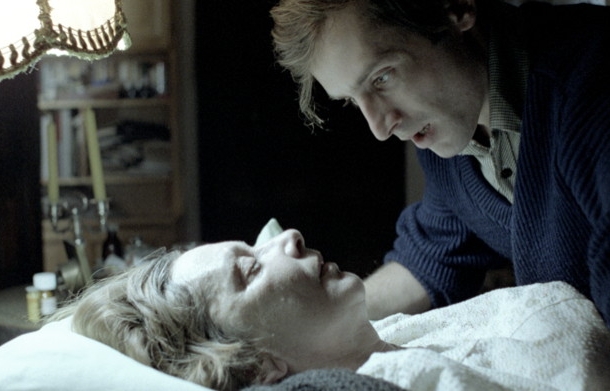
Krzysztof Zanussi never reached the level of familiarity with wider array of film lovers that his former countrymen, Kieslowski or Wajda, did, even if he left a visible train of accolades right from the start of his career. He possessed the poeticness of pictures like the former, and was constantly biting the ruling party like the latter, but still he was a unique movie maker nonetheless, and the Constant Factor best showcases that.
With gorgeous sepia filters by Sławomir Idziak, he captures the life of Woitek. He is a fine young lad, full of aspirations and dreams, ready to fill his life with success after success. The problem is he tries that in an honest way and in a broken system in which he lives, honesty is not of value.
This turns out to be an immense problem seeing as honesty is his biggest virtue, or vice in this tragic case. His moral code is tested on a daily basis, usually by those in whom he put his trust the most.
One such occasion sees his best friends turning their back on him, in a scenario that would later inspire Kubrick. His only support in this twisted world is his mother, but even then fate wasn’t looking benevolently to his side. It’s no wonder, then, that he wants to spend his life at the peaks of Himalayas, far from people corrupted by greed of the party.
At no point was the movie subtle in pointing fingers towards the system that turned this “imaginary” movie plot into reality long ago and kept it that way for decades. There were consequences for Zanussi, but, like his virtuous protagonist, he never lost his spirit and continued with his poignant work so a better tomorrow could come.
22. Queen Margot (1994, Patrice Chéreau)
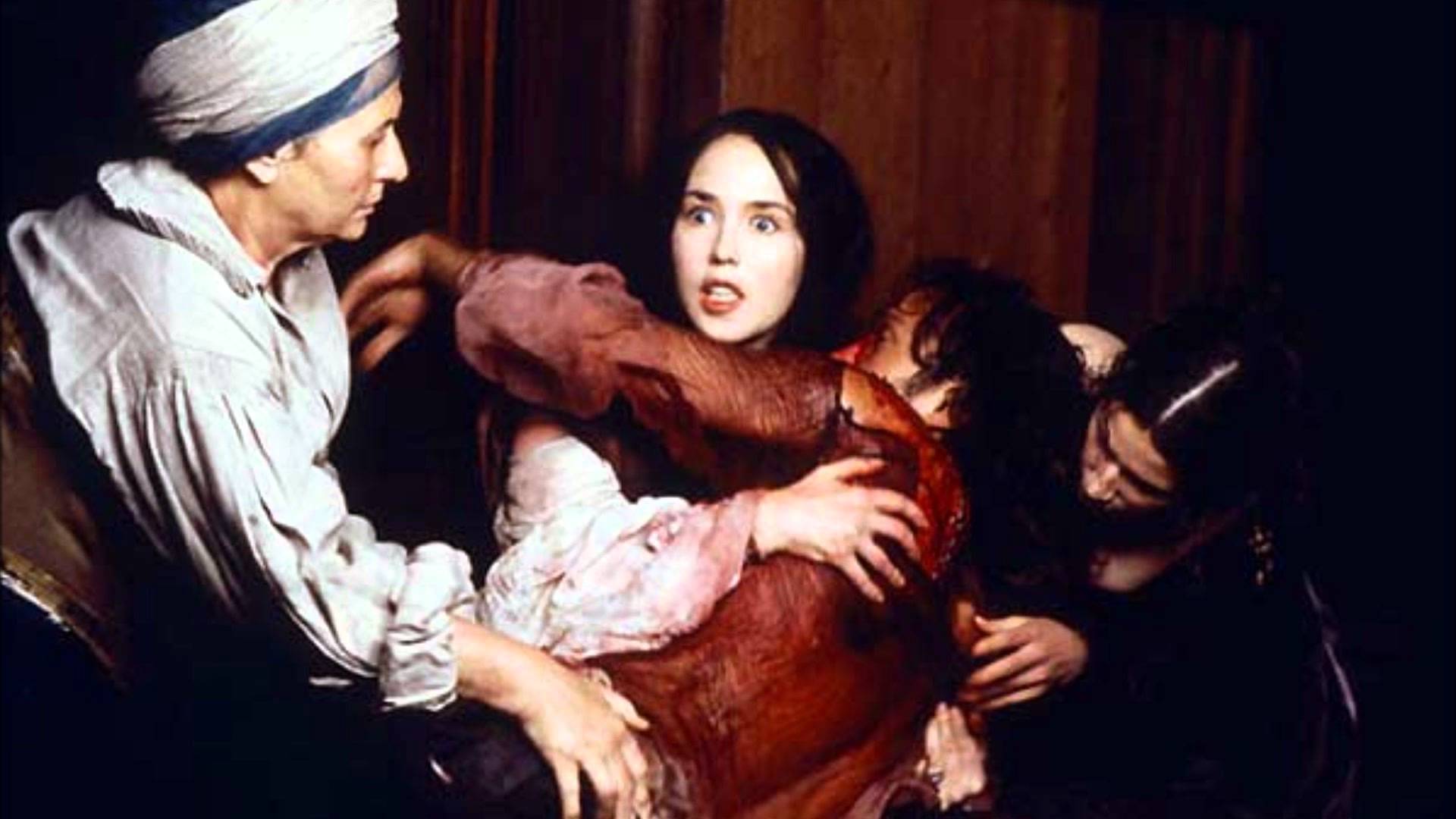
Be it the Miramax “love” version or the director’s cut that almost goes trough the third hour mark, the frantic pacing will leave you with an impression that everything flew by. Mad, hyperactive, chaotic. All of these attributes can be used to describe the film, and at the same time they give a clear picture of events that inspired the St. Bartholomew’s night, when thousand of Huguenots were massacred all across the streets of Paris.
Chéreau inserts you few hours before the bloodbath, yet the sparks of tension can be felt even then. The central position of this bloody stage is held by Isabelle Adjani, whose radiant energy many had already met in previous films like Possession or The story of Adele H.
Here, that energy breaks all the limits, unsurprising when we see that she is surrounded with carnage, debauchery, bloodshed, incest and family catastrophes, and taking an active part in many of these. She owns every scene that is given to her, bringing her style of over the top and highly expressive acting.
As much as Adjani is dominating the central position, it is the work behind the shadows that keeps the constant quality. The first that comes to mind is Virna Lisi as Catherine Of Medici, a manipulative demon personified as this dame holds everyone under the strings from dark corners, tailoring the tragic fortunes of every unaware player.
Daniel Auteuil and Vincent Pérez give a strong male backing, and a trachea of rational thinking in a lapsed world, but that same way of thinking leads to unwanted consequences. The colorful killing is complemented by fabulous costumes of authentic cut and by music of magical possibility by the “master plagiarist” Goran Bregović.
21. Like Father, Like Son (2012, Hirokazu Kore-eda)
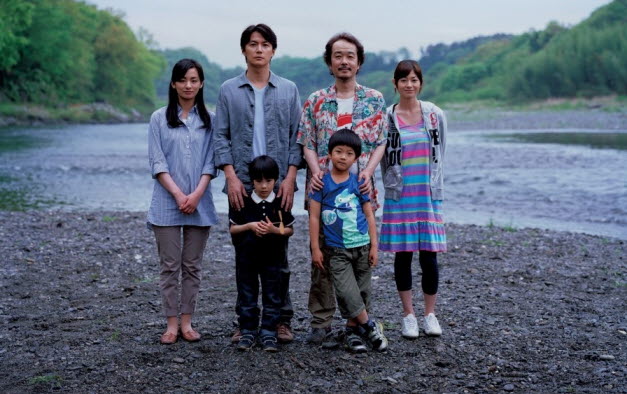
At its core, this is a story about a distant father who, during two long hours and twelve minutes, tries to establish a healthy contact with his son. Thanks to Hollywood’s generosity we had experienced this type of story numerous times from year to year.
What sets it apart from the mass of similar titles is Kore-eda’s approach. Humanization is something the director perfected and used from the beginning of his career, and this exact approach turns this tiresome story into a worthy character study. Two families, one of upper middle class and the other of a typical working one, come to cognition that their children have been swapped at birth.
What fallows is the process of substitution and subsequent adaptation, and here starts the examination of the two parental models. The patriarch from the big city has the budget to secure his son with the best studies and knowledge, but he works late hours, thus fully neglecting the social aspect of raising a child.
The more modestly secured father is a dangler, but immensely committed to his successors, subtracting from his already poorly paid job so he can provide dalliance, attention and trust. Kore-eda has a bulky number of critiques for both sides, but what he questions most is Japanese ethic itself.
A large number of working hours and a lack of time for free activities leaves a noticeable psychosocial consequence. Ryota provided perfect conditions to his son to become a back-boning working force, but by depraving him of fatherly interactions, he is depraving him of his humanity. Kore-eda is on a positive note here, allowing both sides to have a moral reconsideration and a face off with personal demons ending the film on a high point.
A big criticism that can be directed toward the film is that the director didn’t go even deeper with the examining. Don’t be mistaken, the mothers and children are developed characters, but the perspective stays on the fathers, while their voices fall into the supporting category. Kore-eda managed to make something worthy from a wasted, unoriginal theme, but there is room for improvement.
20. Mommy (2014, Xavier Dolan)
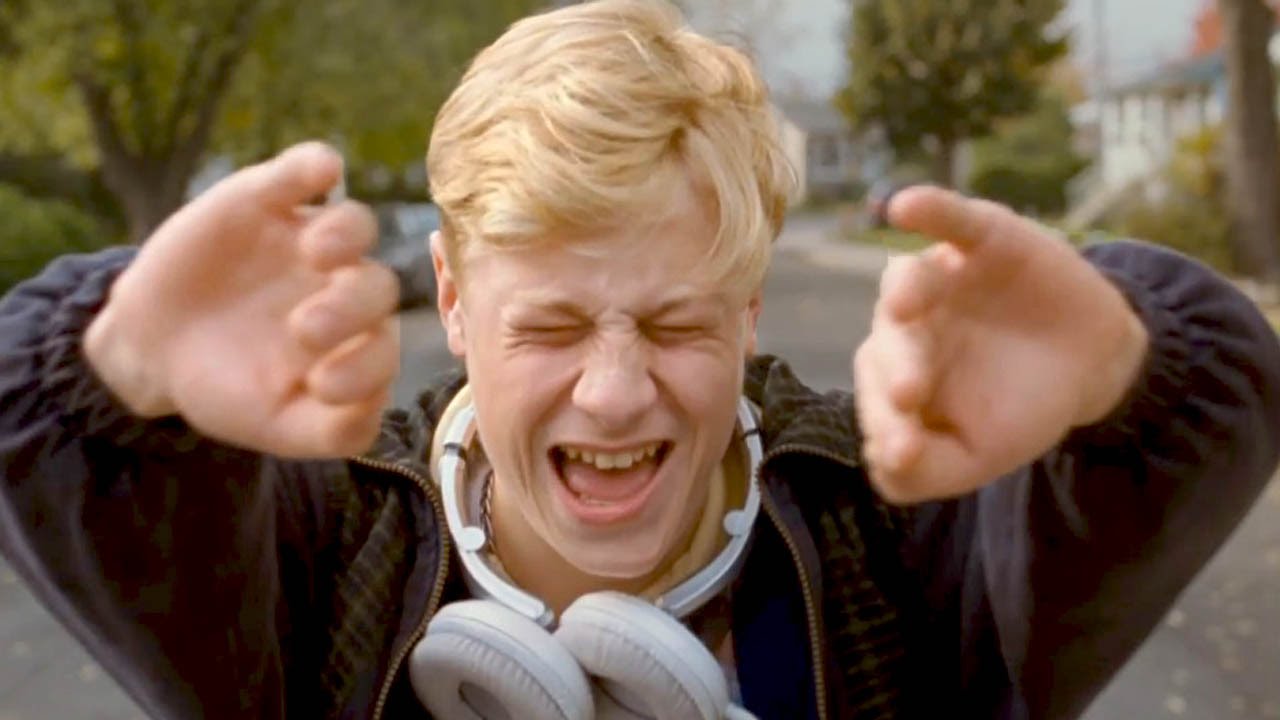
Mommy is a frustrating experience. That concerns both the explosive narration and acting and all those small details and problems that are constantly blocking Dolan’s project to achieve the masterpiece status. You don’t need a sharp eye to notice Dolan’s playfulness with perspective, the 1:1 aspect ratio gimmick is a stellar way to capture Steve’s psychological state, an estranged child closed up to the outside world.
Herein actually lays the film’s biggest strength as Dolan showcases the treatment of the surroundings towards individuals with mental problems and it’s not a pleasant view. Something that should be helping is instead prolonging his anxiety and destructive behavior.
Nowhere is that more noticeable than with his mother, a person who cares deeply for him, but has no idea how to deal with the obstacles his sudden burst of rage bring and is given no helpful hints, aside from having to fight demons on her own.
One of the problems that arise here and that can rub on the viewer up until the very end is that Dolan had to set this film in an alternate reality for the plot to work, which doesn’t seem fair, as it can give a sense of forceful manipulation.
The second biggest strength, which many will pinpoint right away as its main quality, is the acting, but that also brings in more visible problems to talk about. Without a doubt, the acting in this film is powerful. The trio of Anne Dorvel , Antoine Olivier Pillan, and Suzanne Clement does a marvelous job in showcasing a wide range of emotions, and every one of them is able to capture the intrigue of the viewer with ease. The negative side to this? Dolan has the ability to take the most out of them but lacks the structure to connect them all, he lacks tutorage.
Another critic once noticed, Mommy feels like a pinball machine: lots of high points, but in the end it feels like the main goal was for us to see how many striking emotional scenes can be put in. It’s the quiet and more somber moments that leave a lasting impression. And what can great acting do, when the characters suffer from staying in the same place throughout. Steve, by the end of the film feels the same, so why go with all this drama and a charming yet silly “Wonderwall” scene, if the end result is going to leave a sour taste. Clement’s Kyla is also a noticeable offender.
The movie never gives her a proper reason to be where she is. One scene implies a traumatic case, but in a film like this, more than a few hints are needed to explore a character as complex as the film suggests. With more than two hours, it didn’t go deep as it should. With all said, Mommy is still a worthy, roller-coaster experience worth seeking out. Dolan showed us he has talent and technical skills, but he needs more focus and discipline if he wants to improve and become one of the greats.